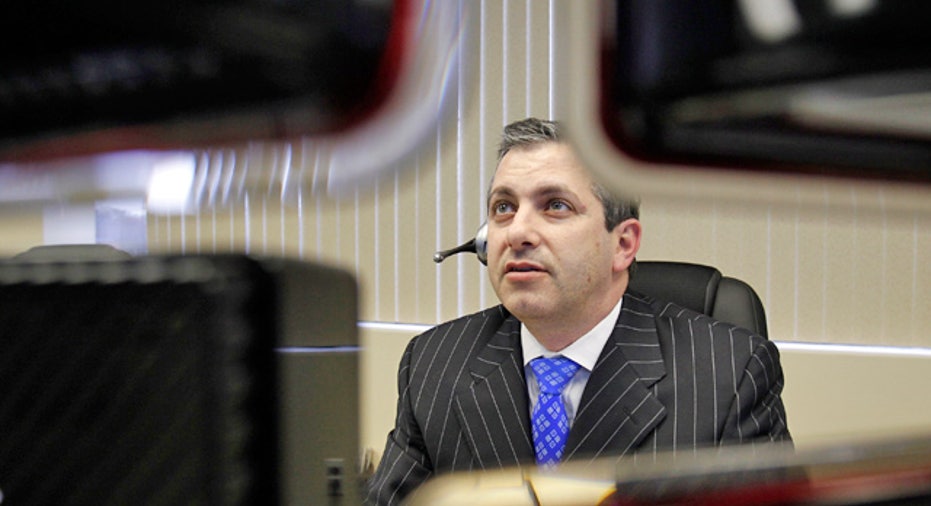Early Retirement Planning in Your 20s

Life in your 20s is an open book. Dating, first jobs, travel, new friends, living on your own and building financial security -- plenty of exciting things are happening. For many young adults, finances are tight, and early retirement planning can feel like something you have plenty of time to consider. But that's a mistake.
Get Started Now
You should start saving as soon as possible, especially if you have managed to get out of college without debt. Even if you put away $50 or $100 a month -- money you might spend dining out or on electronics -- you are buying your retirement on the cheap; the money you sock away today will earn interest and grow for a longer period of time. Don't think of it as early retirement planning. Instead, think of it as shrewdly playing a game and playing to win.
Jeffrey Brown, professor in the department of finance at the University of Illinois at Urbana-Champaign and director of the center for business and public policy in the college of business says, "The basic advice is to put aside as much as you can. Even if it is only a small amount per paycheck, it will help establish good saving habits. And because this person may not retire for 45 more years, the power of compound interest can turn even very small contributions into substantial income in retirement. If someone could aim for 10% of their pay going into savings, (this) would get them off to a good start."
Use Your Work 401(k)
Early retirement planning should start at work. You might hear older adults groan about their 401(k) balances and then come to the conclusion that it's not a worthwhile investment for you. But that is not the case. In fact, you gain doubly by putting money into a tax-advantaged vehicle, such as a 401(k), 403(b), or personal IRA account. First, you are saving real money for your retirement, and second, you get a tax break now. Your goal should be to start with at least enough to qualify for your company's match (free money!) and then to raise it as soon as you can.
Brown says, "For some people, they may find that their employer offers, say, a 50 cent match for every dollar of salary you defer into a 401(k) plan up to 6% of salary. That is essentially an instantaneous 50% risk-free rate of return, and most new grads should do whatever it takes to maximize that match."
Compounding is Magic
Early retirement planning is key because -- over time -- your money will begin to earn money by itself. A dollar invested wisely likely will earn 7%. A simple, back-of-the-envelope calculation shows you that your dollar will double in about 10 years. And in the next 10 years, those $2 double to $4. Ten more years and it's eight bucks.
Starting in your 20s, if you invest $3,000 in your account every year and never increase your annual contribution, you could end up with more than $700,000 at retirement age. But, if you start investing at age 40 instead, you will have to invest much more than $3,000 annually to get the same result. Time literally is money when you invest in early retirement planning.
Jeffrey Brown is the William G. Karnes professor in the department of finance at the University of Illinois at Urbana-Champaign and director of the center for business and public policy in the college of business. In 2006, President George W. Bush appointed Brown to serve on the seven-member Social Security Advisory Board, and he was confirmed by the U.S. Senate in December 2006.



















